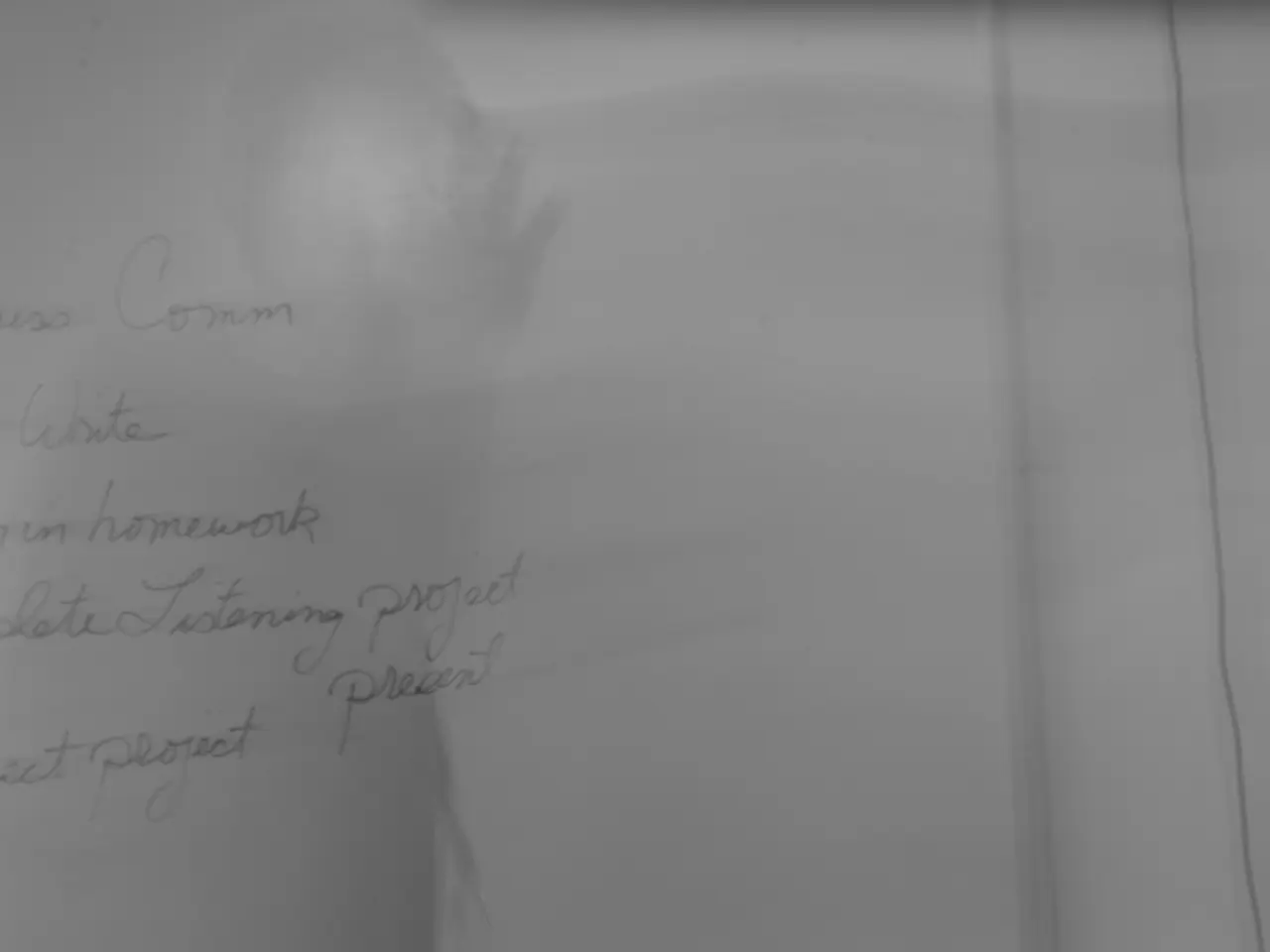Business Owners Generally Optimistic About the Introduction of Making Tax Digital, Yet Request More Guidance to Feel Assured Regarding the New Legislation
In the UK, the government's digital tax initiative, Making Tax Digital (MTD), is set to expand in 2026, affecting a significant number of small businesses and landlords. However, a recent study by accountancy software company FreeAgent has revealed a concerning lack of knowledge about MTD among these businesses.
According to the research, 76.35% of small businesses surveyed admitted they did not think they had received enough information about MTD. This is a worrying finding, as MTD will require eligible self-employed individuals and landlords with qualifying income over £50,000 to keep digital records and submit quarterly updates to HMRC using compatible software instead of filing just one annual return.
The first wave of small businesses will have to comply with MTD for Income Tax Self Assessment (ITSA) next April, with the income threshold gradually reducing over subsequent years to £30,000 from April 2027 and further down to £20,000 by April 2028.
However, the study also found that small businesses who are already using accounting software are generally more positive about the legislation. This suggests that clearer communication and support could help alleviate concerns and uncertainty among those yet to adopt digital solutions.
HMRC, recognising the need for improved communication, is using various means such as direct communications, letters, webinars, live events, social media, and marketing to inform people about MTD. They are also encouraging small businesses to join their early testing program to prepare for the changes ahead.
Craig Ogilvie, HMRC's Director of Making Tax Digital, is committed to working closely with the software industry to understand their experiences of MTD. He emphasised the importance of the tax and software community testing the MTD for IT system before its implementation to ensure its robustness and identify any issues.
Accountants, advisors, software vendors, and the government have a shared responsibility to help educate small businesses about MTD. This was a key message at a recent industry discussion event hosted by FreeAgent, attended by Exchequer Secretary to the Treasury James Murray MP, HMRC's Director of Making Tax Digital Craig Ogilvie, and representatives from accountancy firms.
James Murray MP emphasised the importance of everyone being fully informed, ready, and confident about the tax changes. He stressed that clear, accessible information and training are crucial for small business owners about how to maintain digital records and use approved software effectively.
While 17.66% of UK small businesses think that MTD will have a negative impact on them, the majority are still unsure about the legislation. This underscores the need for enhanced communication and resources to reduce uncertainty and increase confidence among small business owners about the impact and practicalities of MTD compliance.
In summary, Making Tax Digital is expanding in 2026 to include Income Tax Self Assessment for many small businesses and landlords. While the infrastructure is in place, significant educational and support measures remain necessary to ensure smooth adoption and compliance by small businesses across the UK.
It was found through a study by FreeAgent that 76.35% of small businesses admitted they had not received sufficient information about MTD (Making Tax Digital), which is a concerning fact since MTD requires eligible self-employed individuals and landlords to keep digital records and submit quarterly updates to HMRC using compatible software.
Furthermore, small businesses who are already utilizing accounting software tend to have a more positive outlook on MTD, implying that clearer communication and support could help alleviate apprehension and uncertainty among those who have yet to adopt digital solutions, particularly in areas such as personal-finance, small-business, and finance as covered by ffnews.com.




